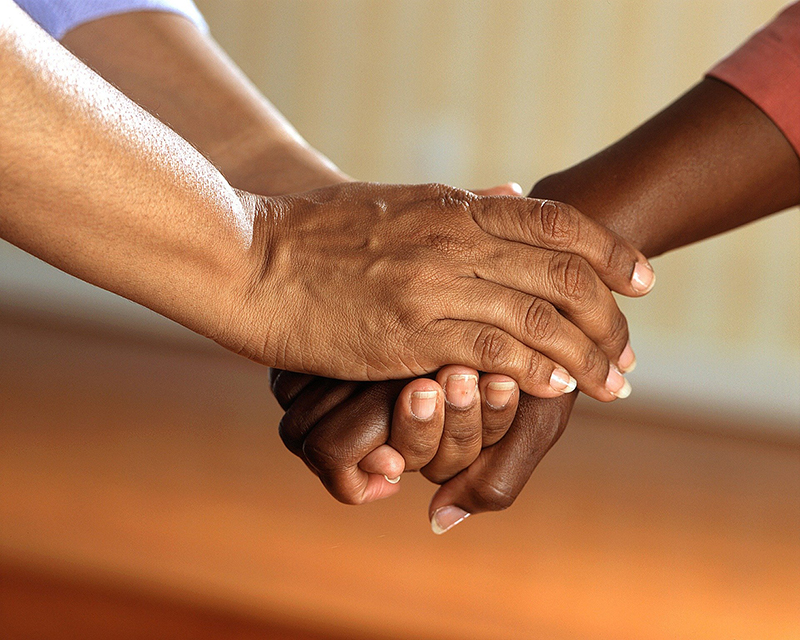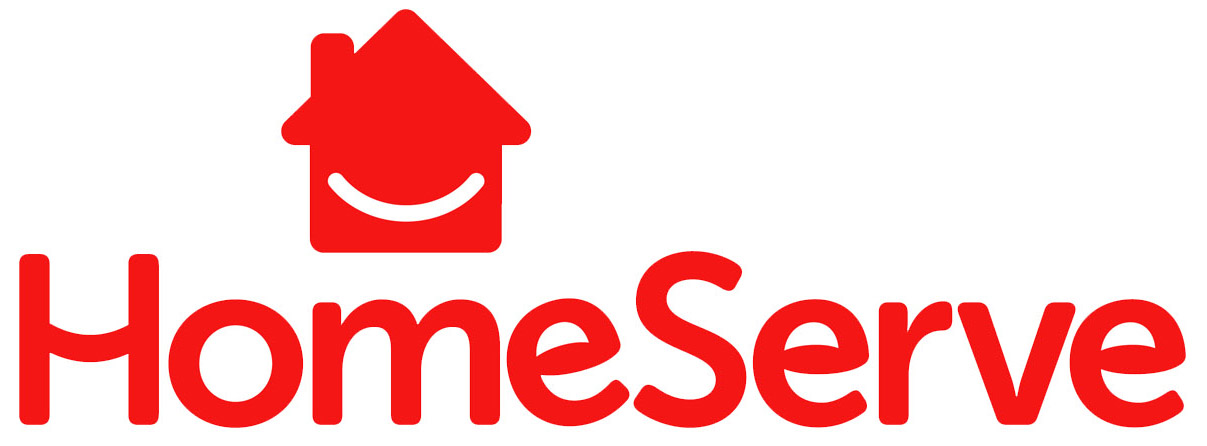Your residents’ anxiety may be high right now. With the toll on the economy and public health, it’s not surprising that it’s begun to impact mental health as well. It’s understandable that many of us are on edge right now, so we’ve gathered some tips on combating anxiety from partners and others to share with your residents.
Go on an information diet. If the largest part of your anxiety is because of the onslaught of news surrounding COVID-19, then limit how often you check the news and stick to trustworthy sources, such as your local health department. Be careful about the information you share. If it’s too good to be true, it probably is – scammers are taking full advantage of our concerns. Also consider a social media scrub – if certain topics or people are causing you anxiety, block them.
Take a breather. You may feel like you’re keeping informed, but you need a mental break if news items are making you anxious. You can join a virtual book club, tour a museum from your couch or enjoy the beauty of nature thanks to trail cameras.
Focus on what you can control. Instead of focusing on all the things out of your control, focus on the things you can do to limit the outbreak, especially by practicing good hygiene and social distancing.
Slow down. If you’re feeling anxious, slow your thoughts down. Try writing them out or making lists of tasks to accomplish or things for which you’re grateful. If you’re having anxious thoughts, try slow breathing or mindfulness exercises. Consider downloading a free meditation app.
Stay in and reach out. Social distancing can lead to depression and anxiety. Reach out to friends and loved ones,  especially those living alone or who need assistance with errands or shopping. Be proactive and reach out more often than usual – you won’t only help your mental health, but theirs. It may help to schedule a daily reminder or set time aside daily to make a call or write an email.
especially those living alone or who need assistance with errands or shopping. Be proactive and reach out more often than usual – you won’t only help your mental health, but theirs. It may help to schedule a daily reminder or set time aside daily to make a call or write an email.
Maintain a schedule. It’s tempting to slide into bad habits when we can’t leave home, but it’s bad for mind and body. Eat regular, healthful meals; maintain your sleeping schedule; dress and attend to hygiene daily; and exercise by walking, running or bicycling – while social distancing – or using your home workout equipment.
Decompress. It is important to live as normally as possible, and while that means keeping to a schedule and staying in contact, it also means you can allow yourself to indulge in your hobbies, favorite activities and just plain do nothing. These are all ways to cope with stress, anxiety and depression.
Ask for help. Telehealth is a great option for those with existing anxiety disorders or for those who need help to work through their anxiety and coping strategies. Understanding exactly where your anxiety is originating from and how you can manage it will help you feel more in control.

